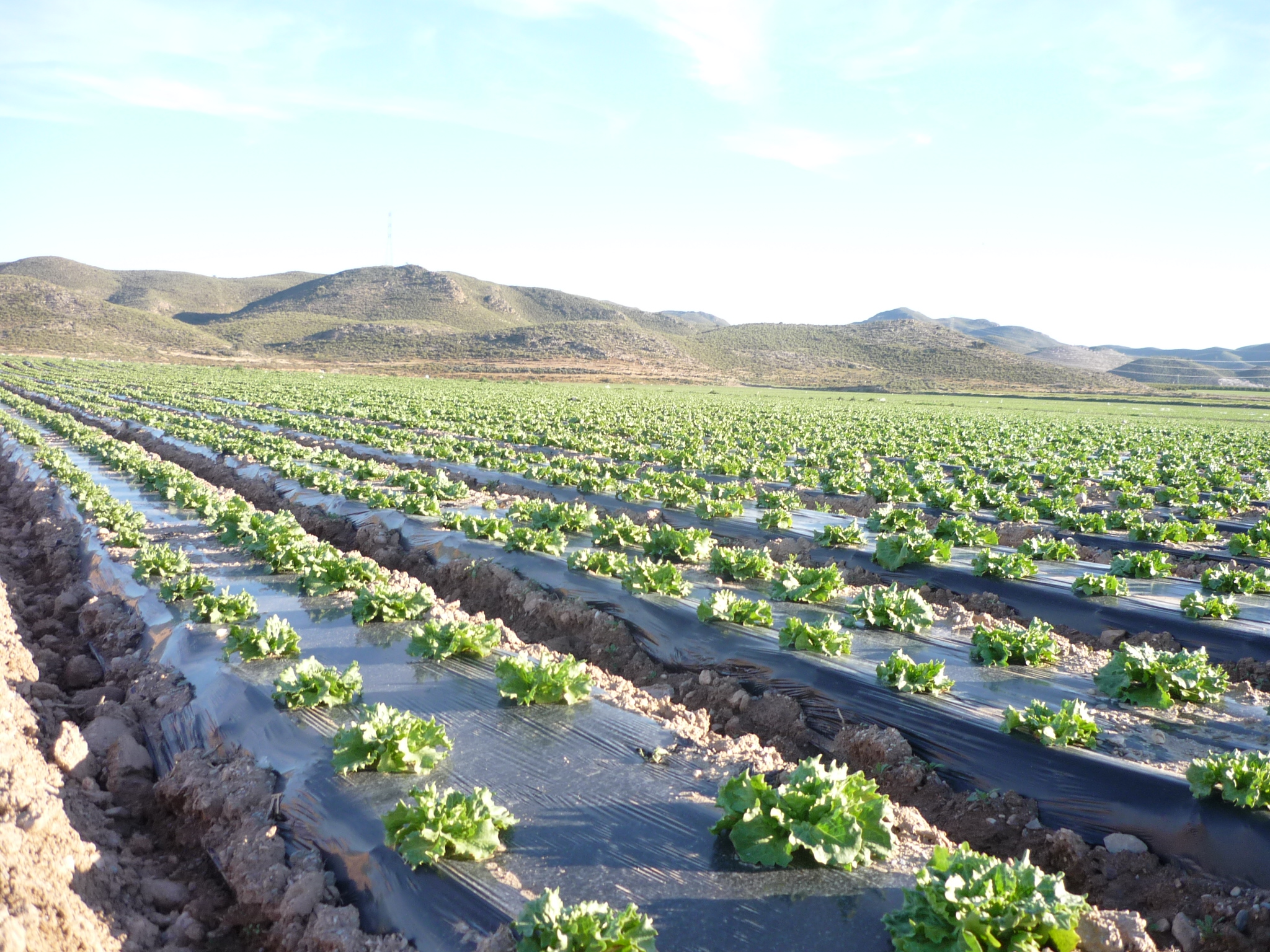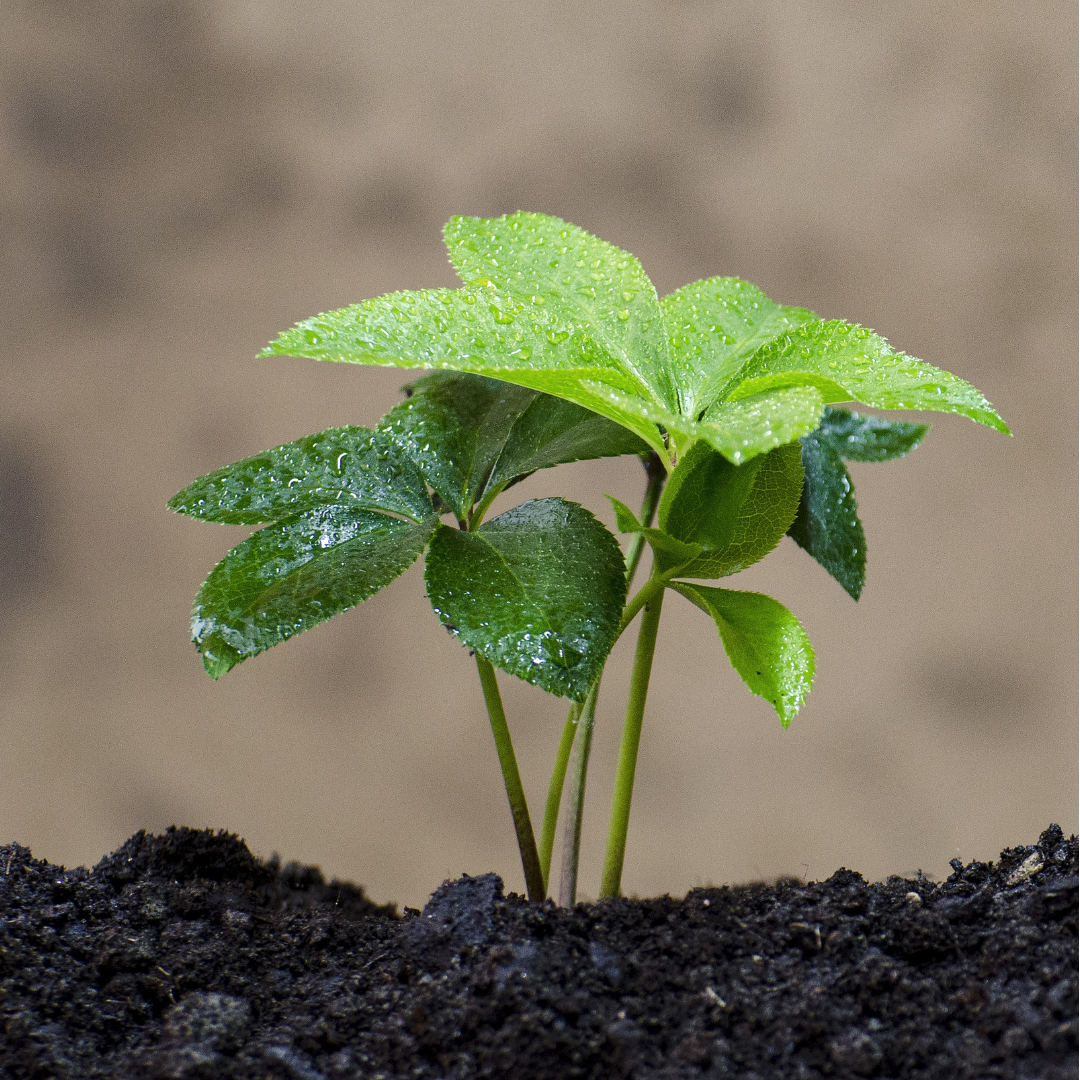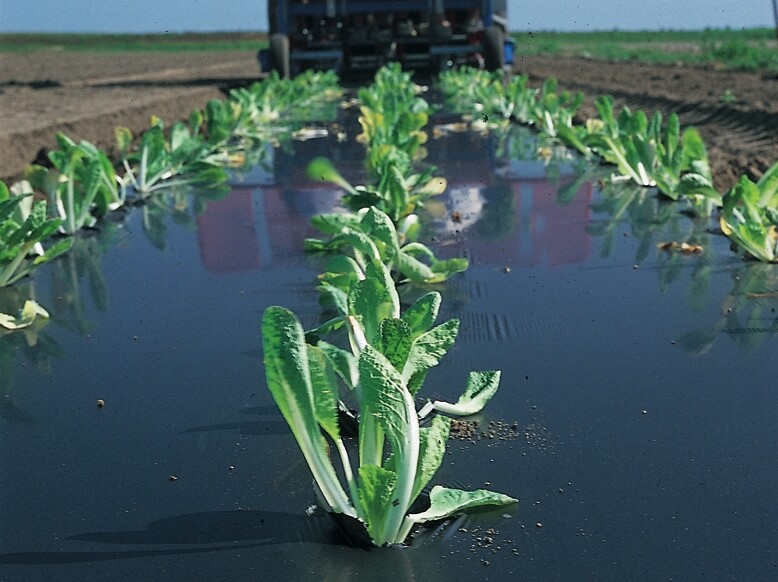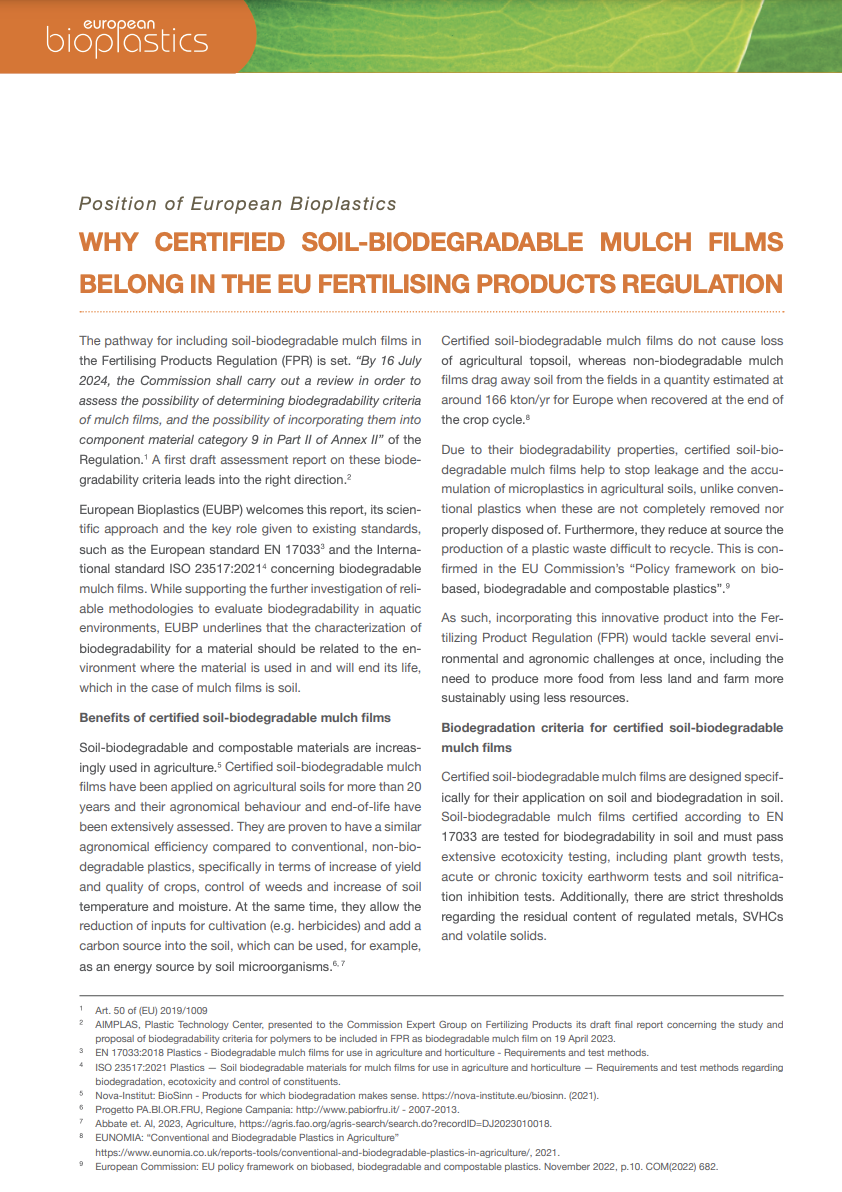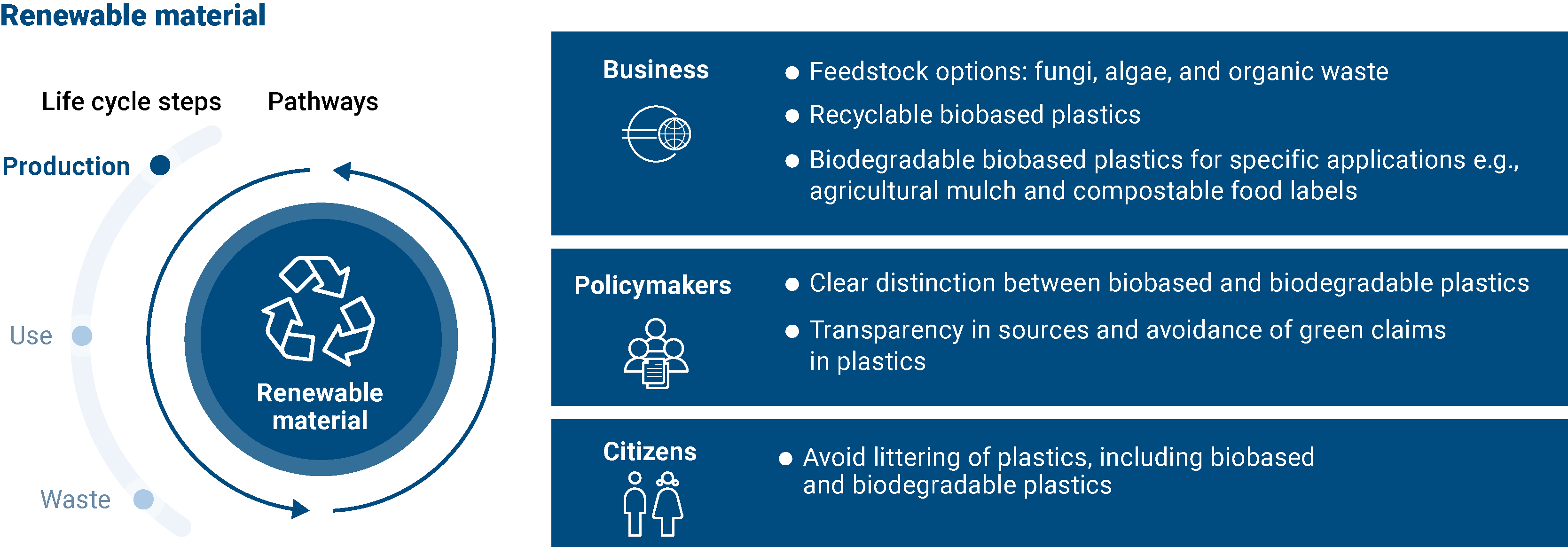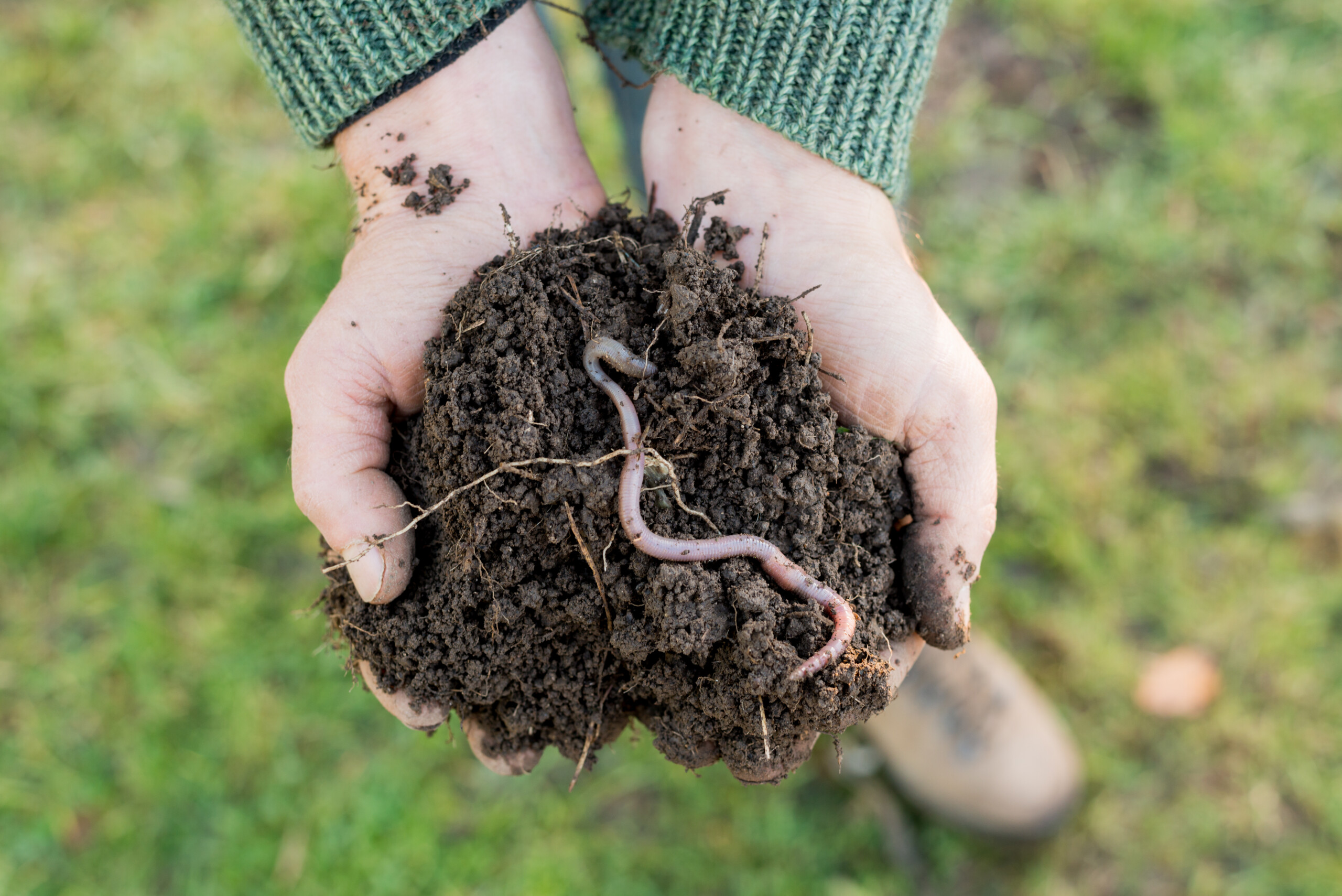EUBP welcomes the inclusion of soil-biodegradable products in the EU Fertilising Products Regulation (FPR)
The FPR sets high requirements in terms of environmental safety. Berlin, 31 October 2024 – European Bioplastics (EUBP) welcomes the inclusion of soil-biodegradable mulch films, coating agents, and water retention polymers in the EU Fertilising Products Regulation (FPR) and the key role given to existing standards concerning the biodegradation of mulch films in soil. [...]
